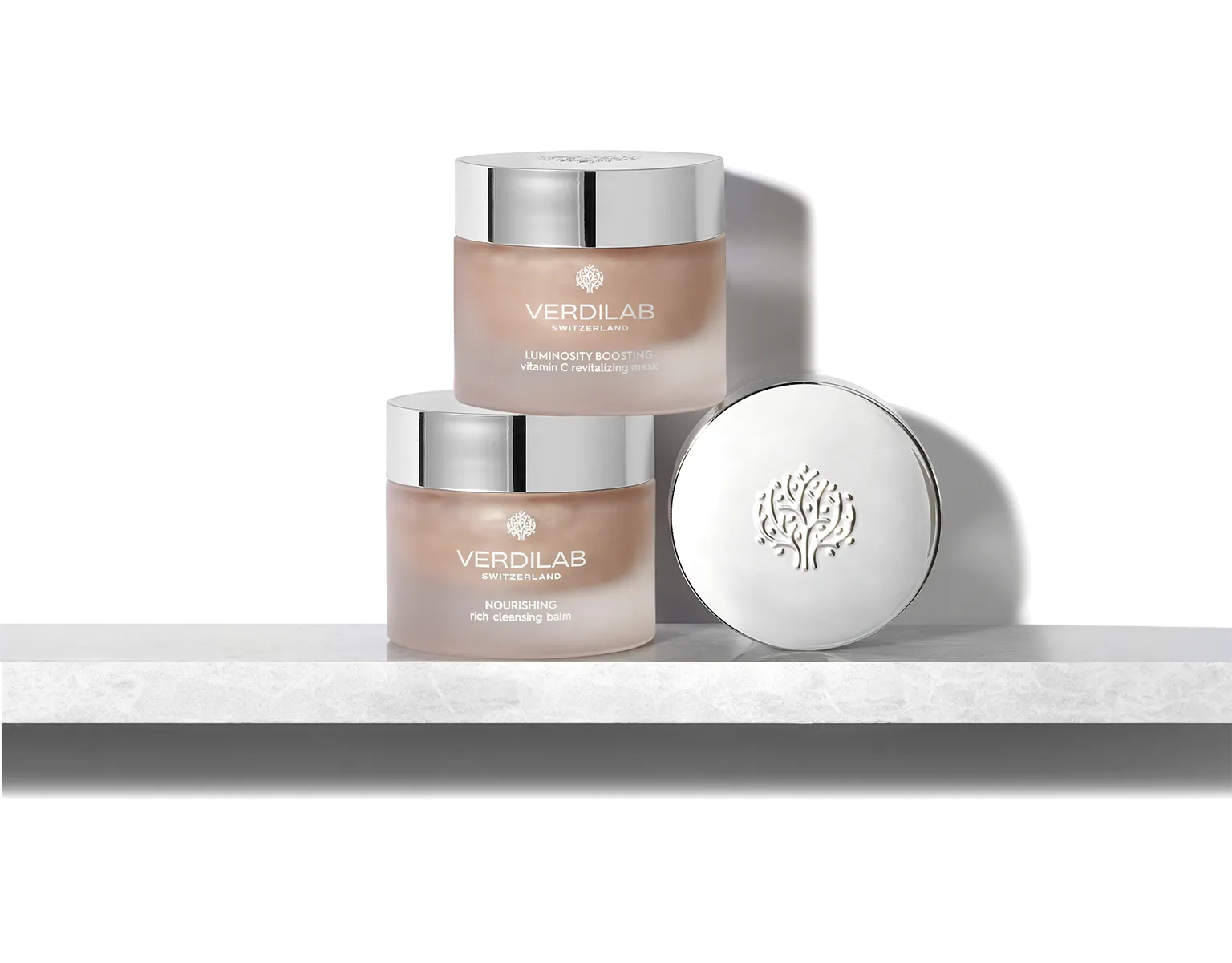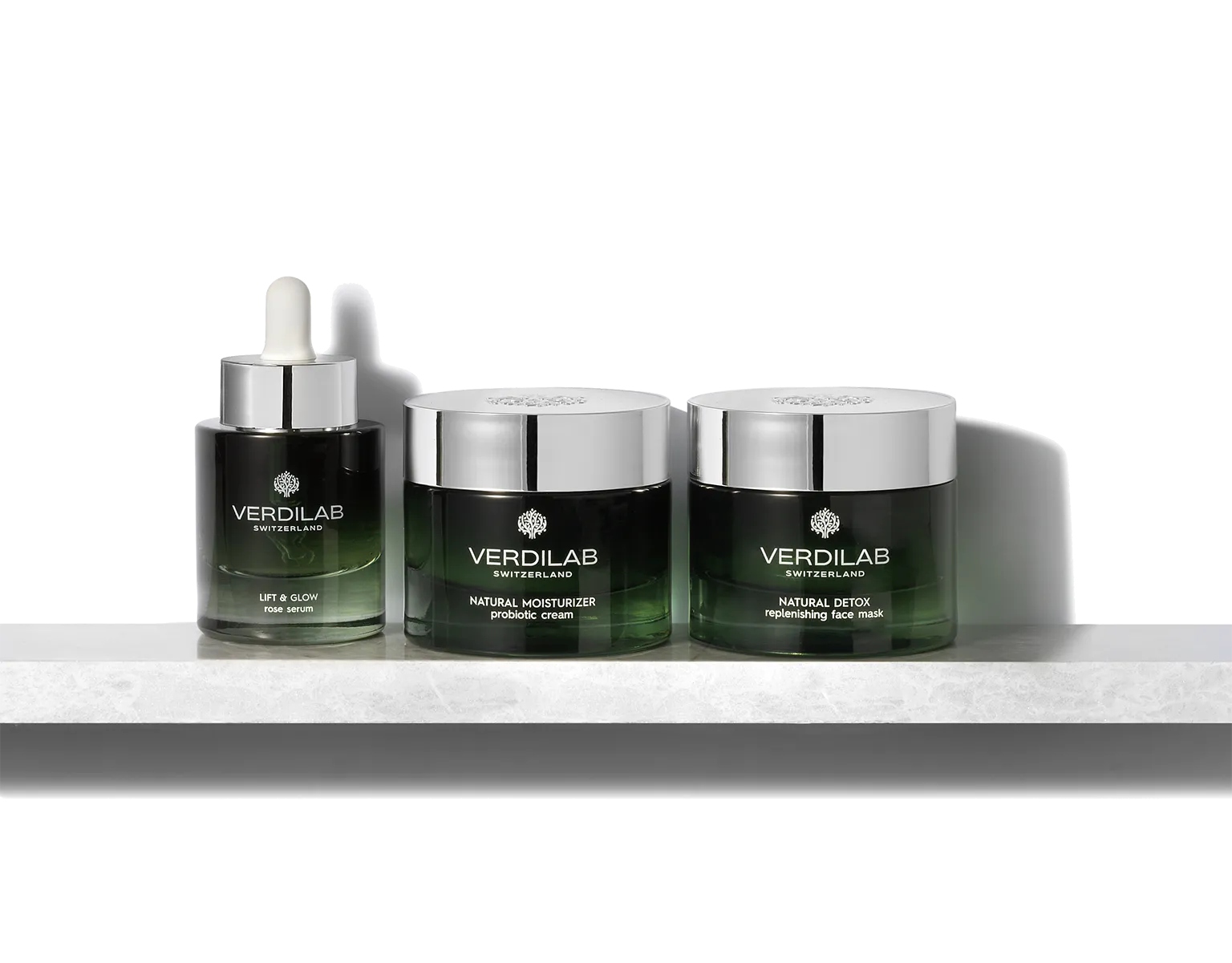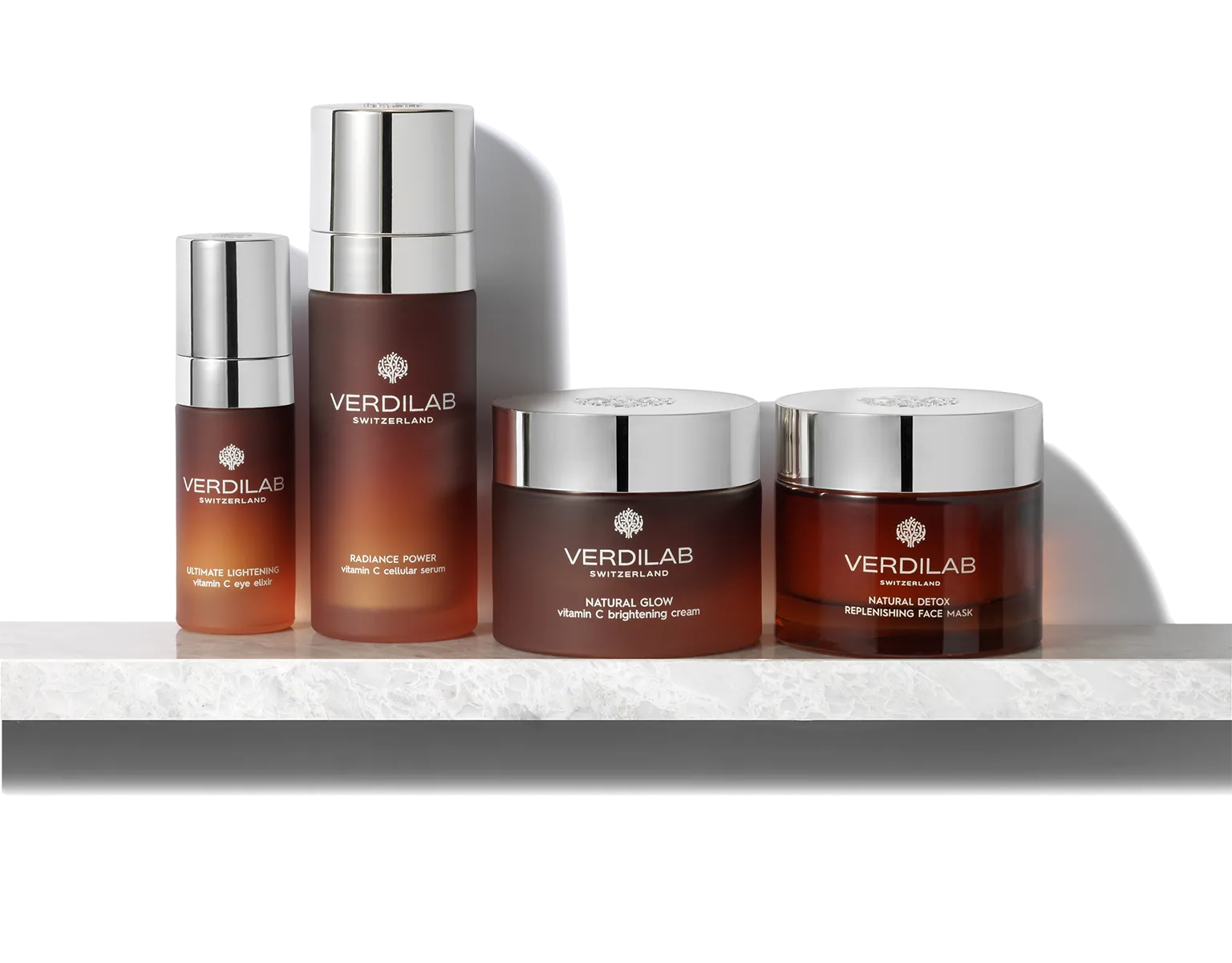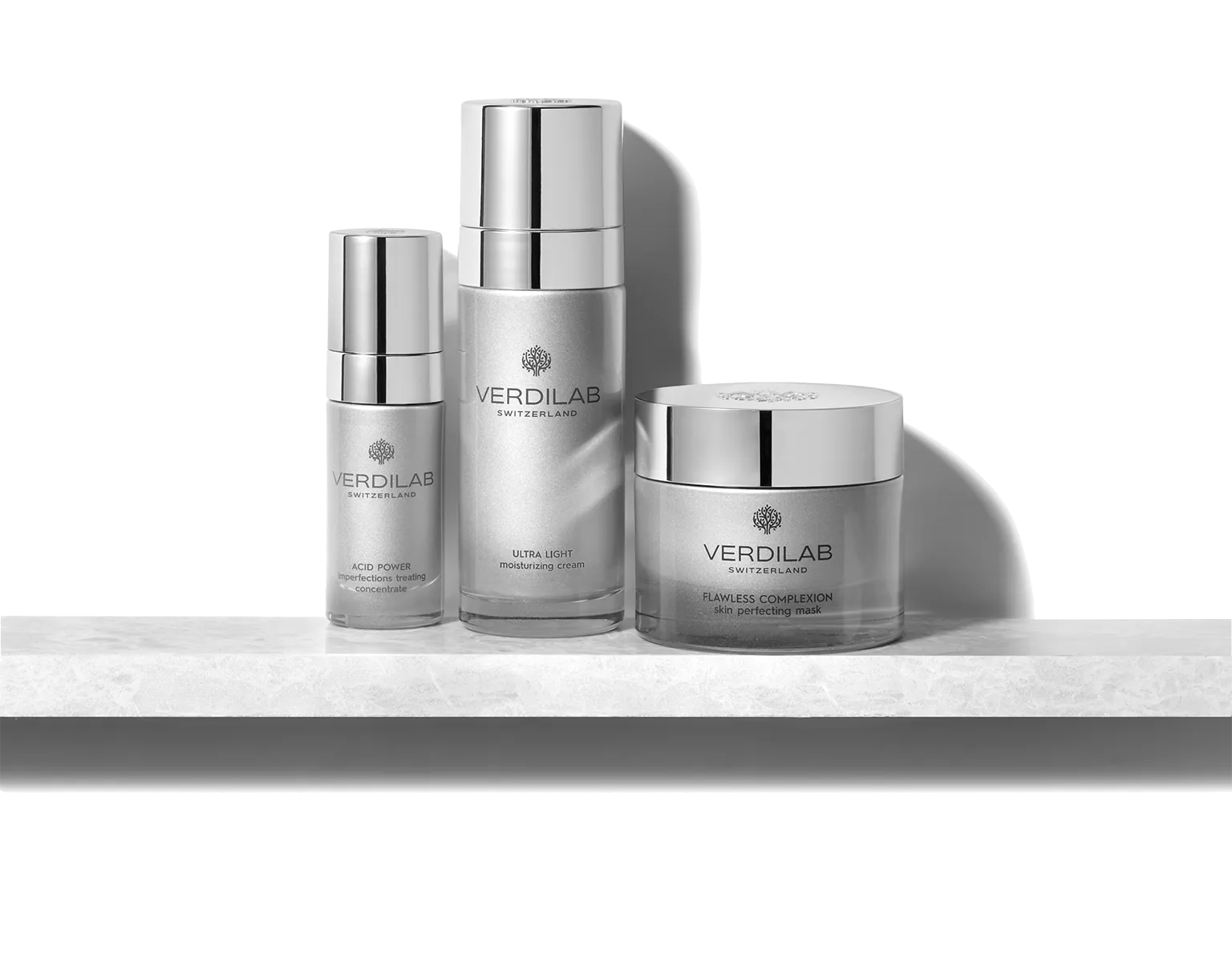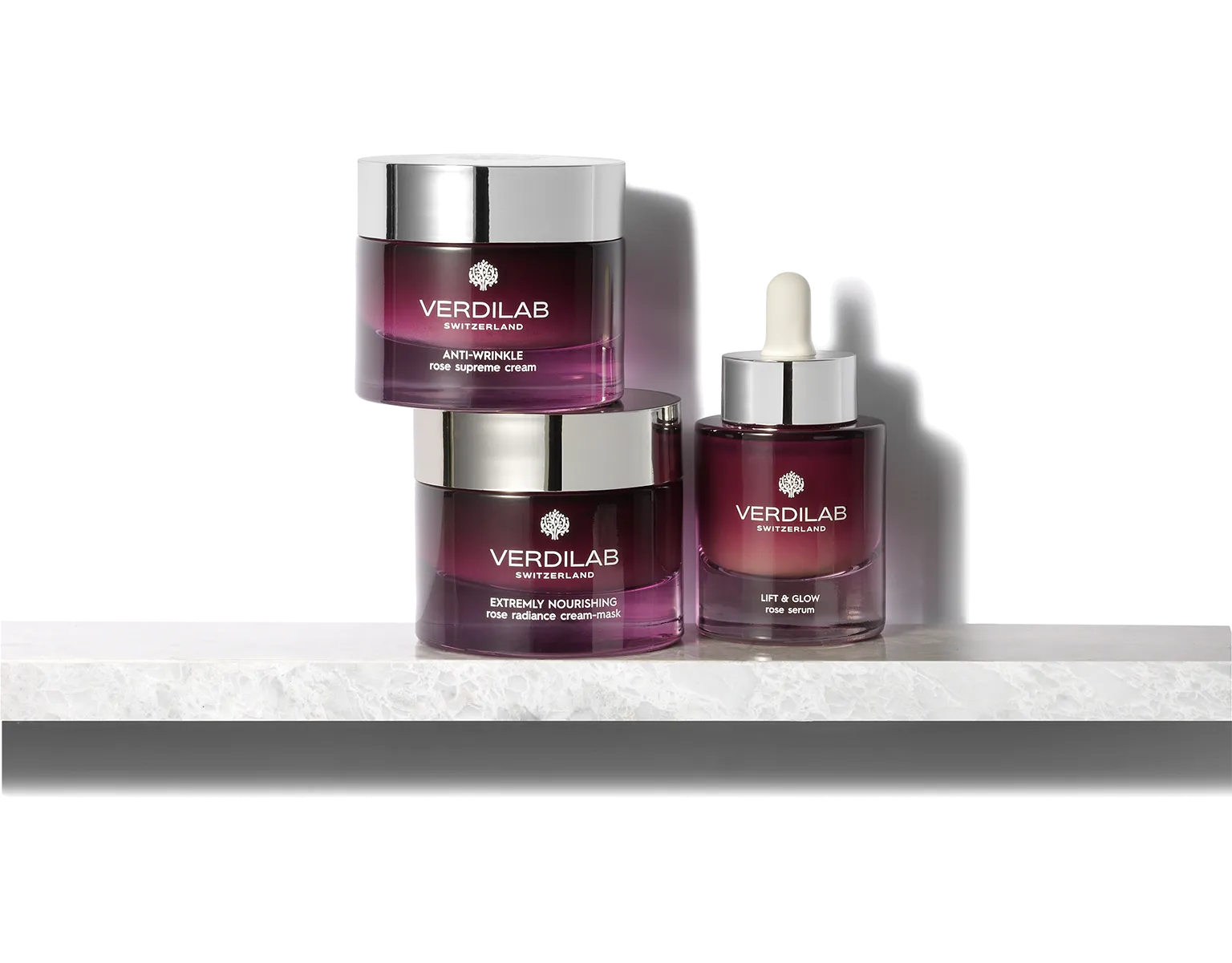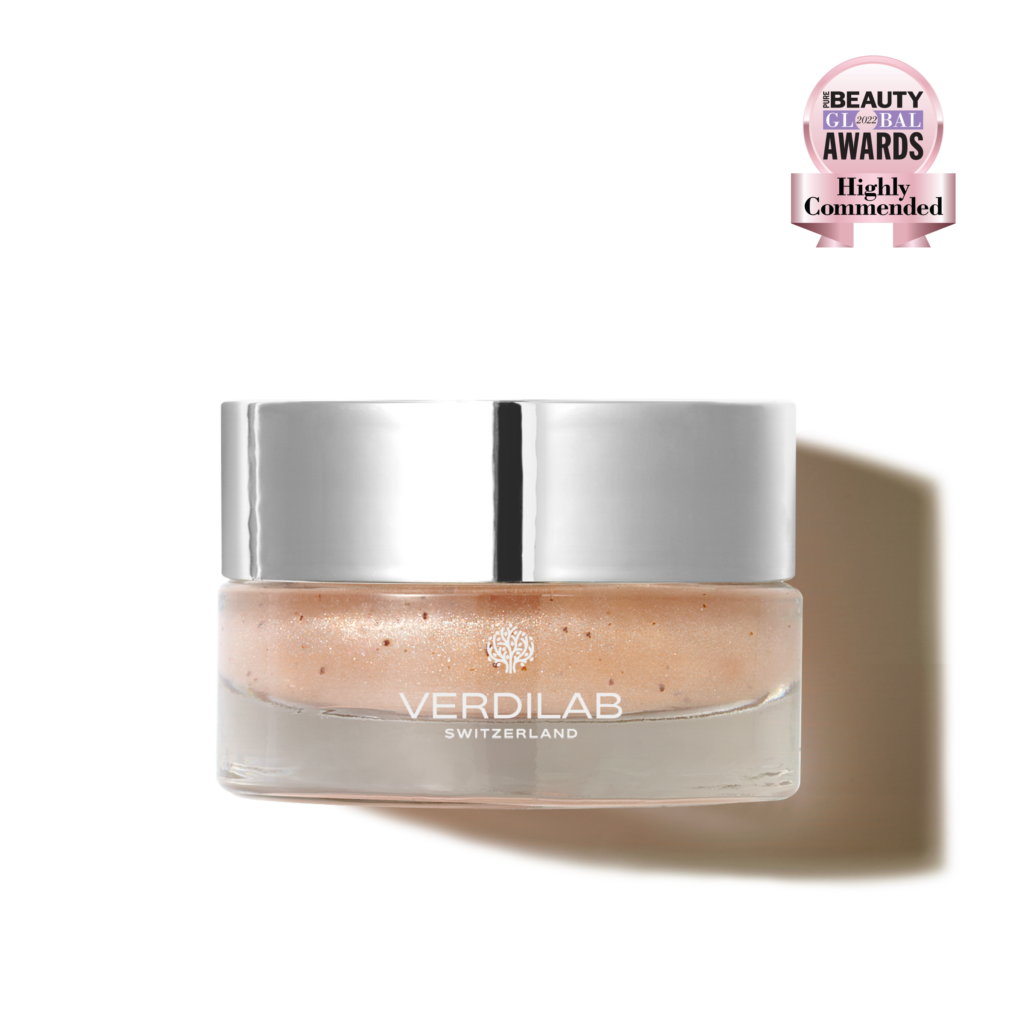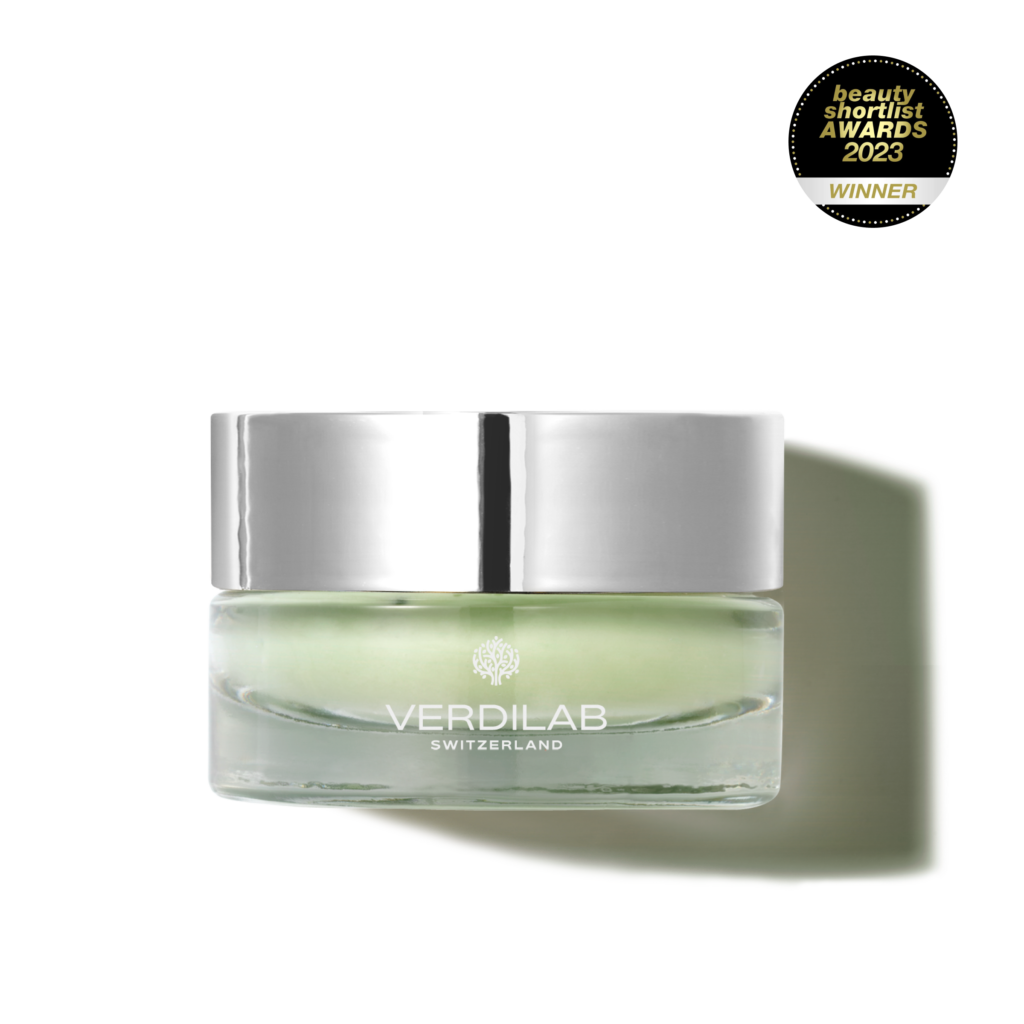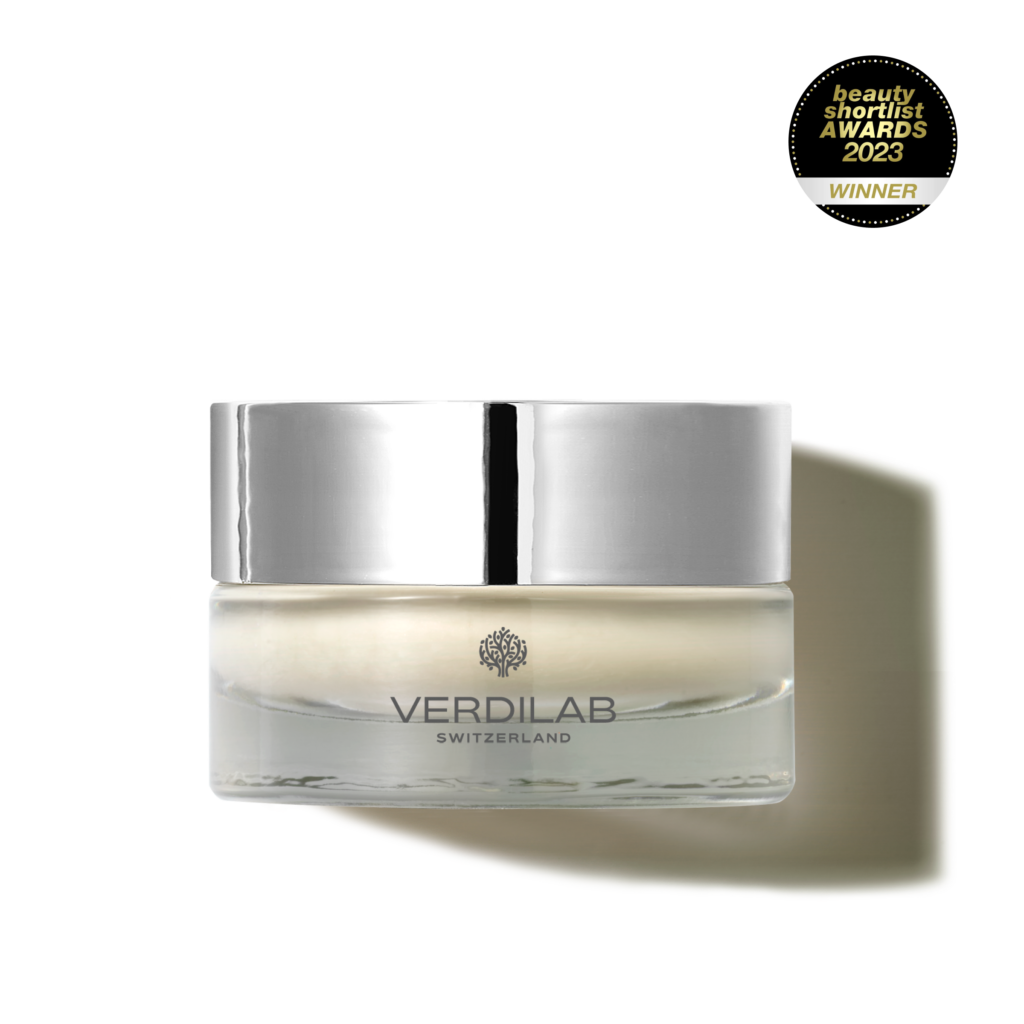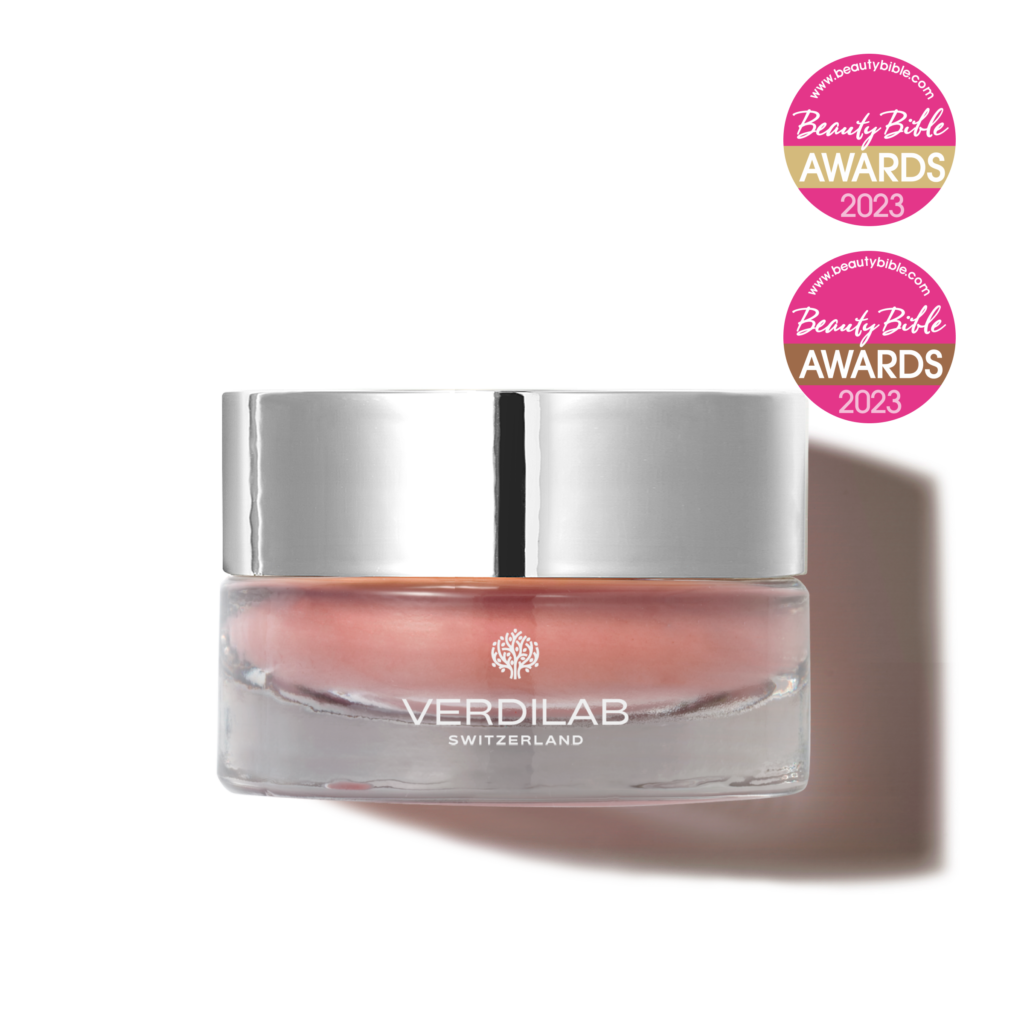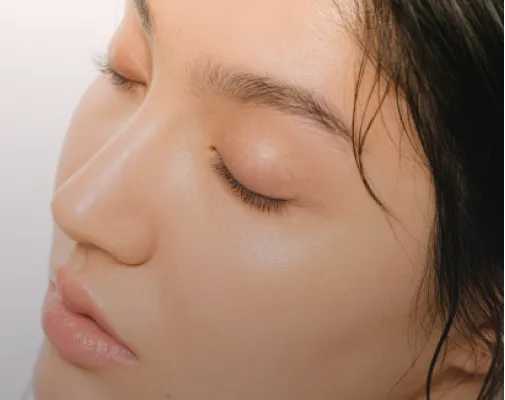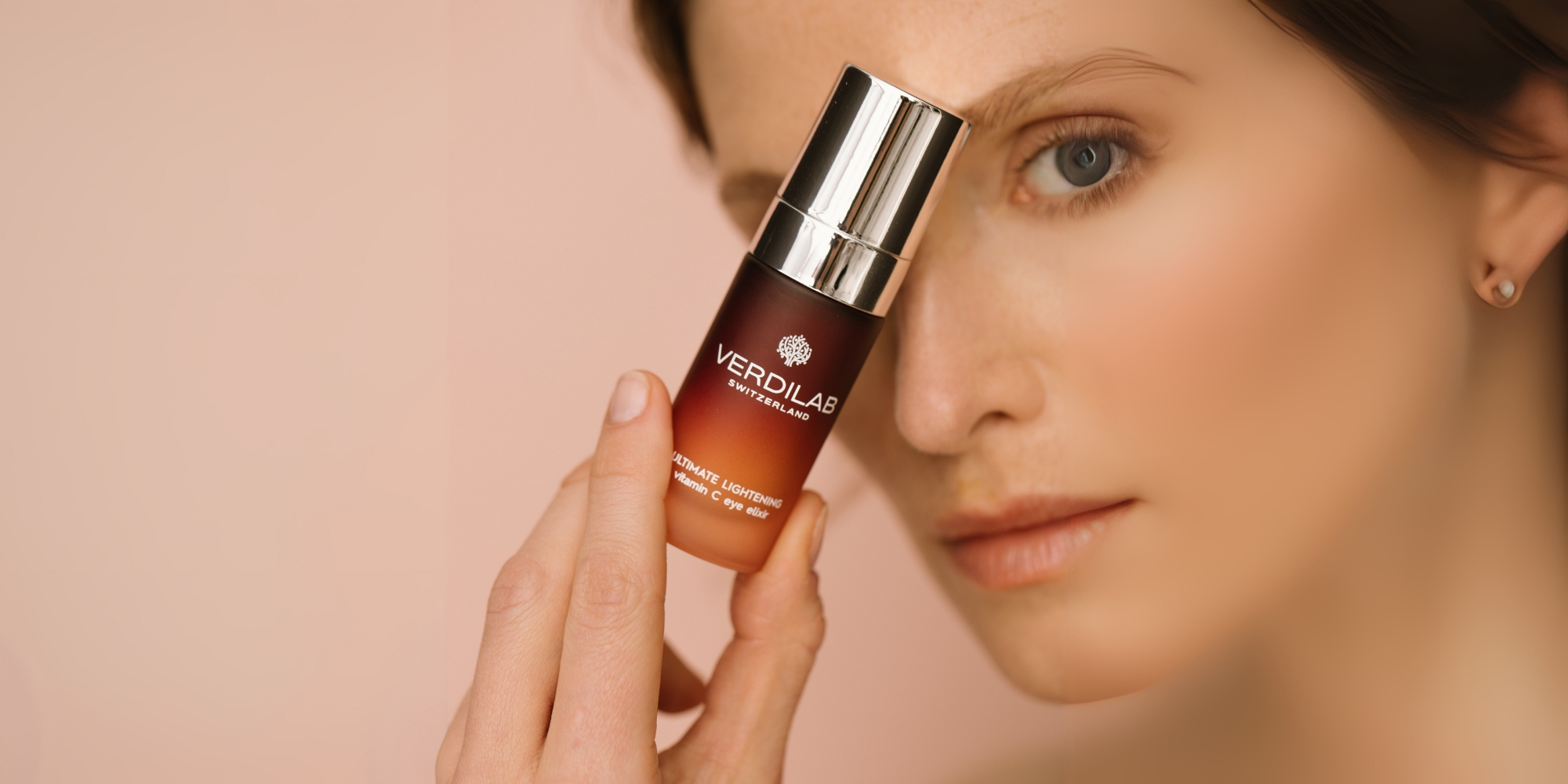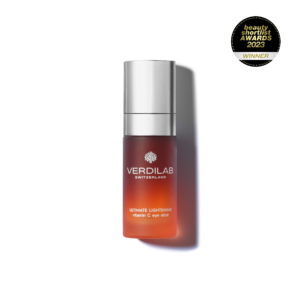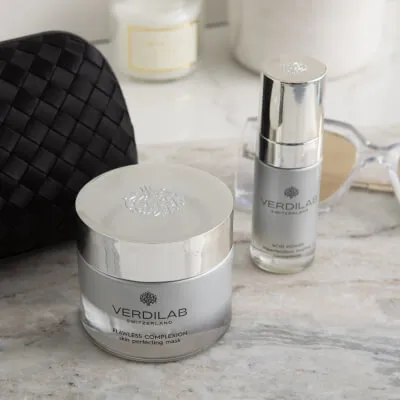Vitamin C serum is a popular skincare product, and many people wonder if it can be safely used under the eyes. This area is delicate and requires special care, but Vitamin C offers several benefits that can help improve its appearance. In this article, we’ll explore the advantages of using Vitamin C serum under the eyes, how it works, and what to consider when choosing the right product for this sensitive area.
Key Takeaways
- Vitamin C eye serum can brighten dark circles and improve skin tone.
- It helps reduce fine lines and wrinkles by boosting collagen production.
- Look for stable forms of Vitamin C to avoid irritation.
- Apply gently using your ring finger to avoid pulling the skin.
- Consult a dermatologist for persistent issues like deep dark circles.

Understanding the Benefits of Vitamin C Eye Serum
Vitamin C eye serums are gaining popularity due to their numerous benefits for the delicate skin around the eyes. These serums can significantly improve skin appearance and health.
Antioxidant Properties
Vitamin C is a powerful antioxidant that helps protect the skin from damage caused by free radicals. This protection is crucial for maintaining youthful skin and preventing premature aging. Key benefits include:
- Neutralizing free radicals
- Reducing oxidative stress
- Enhancing skin resilience
Collagen Production
Vitamin C plays a vital role in collagen synthesis, which is essential for maintaining skin elasticity and firmness. Increased collagen production can lead to:
- Reduced appearance of fine lines
- Improved skin texture
- Enhanced overall skin firmness
Hydration and Moisture Retention
Vitamin C serums can also help improve skin hydration. They often contain additional hydrating ingredients that work synergistically with Vitamin C. Benefits include:
- Increased moisture retention
- Smoother skin texture
- A more radiant appearance
Vitamin C eye serums are not just a trend; they are a scientifically backed solution for enhancing the eye area.
In summary, incorporating Vitamin C eye serum into your skincare routine can provide significant benefits, including antioxidant protection, collagen support, and improved hydration. These factors contribute to a healthier and more youthful appearance around the eyes.
How Vitamin C Serum Works Under the Eyes

Mechanism of Action
Vitamin C, known for its antioxidant properties, plays a crucial role in skin health, especially around the delicate eye area. It helps to neutralize free radicals, which can cause skin damage. The skin under the eyes is particularly thin and prone to issues like fine lines and puffiness. By applying Vitamin C serum, you can enhance the skin’s resilience and overall appearance.
Types of Vitamin C Used
There are various forms of Vitamin C used in serums, including:
- Ascorbic Acid: The purest form, but can be unstable.
- Sodium Ascorbyl Phosphate: More stable and less irritating, making it suitable for sensitive areas like under the eyes.
- Magnesium Ascorbyl Phosphate: Known for its moisturizing properties and effectiveness in brightening the skin.
Stability and Potency Concerns
The stability of Vitamin C is essential for its effectiveness. Many formulations use derivatives that are less prone to oxidation. For instance, Sodium Ascorbyl Phosphate does not oxidize easily, ensuring that the serum remains potent and effective over time. This is particularly important for the eye area, where the skin is more sensitive and requires gentle care.
Vitamin C serums can significantly improve the appearance of the under-eye area, addressing concerns like fine lines, dark circles, and puffiness. Regular use can lead to a brighter and more youthful look.
In summary, Vitamin C serums are beneficial for the under-eye area due to their ability to combat oxidative stress, promote collagen production, and improve hydration. Choosing the right formulation is key to maximizing these benefits.
Addressing Common Eye Area Concerns with Vitamin C
Fine Lines and Wrinkles
Vitamin C is known for its ability to boost collagen production, which is essential for maintaining skin elasticity. The delicate skin around the eyes is particularly prone to fine lines and wrinkles due to its thinness. Regular application of Vitamin C serum can help in reducing these signs of aging. Studies have shown that Vitamin C can significantly improve skin texture and firmness, making it a valuable addition to your skincare routine.
Dark Circles
While Vitamin C is effective in brightening the skin, it may not be a complete solution for dark circles caused by genetics or deep tear troughs. However, it can help reduce pigmentation and improve overall skin tone, which may lessen the appearance of dark circles. For optimal results, consider combining Vitamin C with other treatments specifically designed for dark circles.
Puffiness and Swelling
Vitamin C can also aid in reducing puffiness and swelling around the eyes. Its anti-inflammatory properties help soothe the skin, while massaging the area with a Vitamin C serum can enhance lymphatic drainage, further reducing puffiness. Incorporating a gentle massage technique during application can maximize these benefits.
| Concern | Vitamin C Effectiveness | Recommended Action |
|---|---|---|
| Fine Lines & Wrinkles | High | Regular application |
| Dark Circles | Moderate | Combine with other treatments |
| Puffiness | High | Massage during application |
Vitamin C is a powerful antioxidant that not only helps in addressing common eye area concerns but also promotes overall skin health. Regular use can lead to a brighter, more youthful appearance.
Choosing the Right Vitamin C Serum for Your Eye Area
Selecting the appropriate Vitamin C serum for the delicate eye area is crucial for achieving optimal results. The right formulation can significantly enhance skin health and appearance. Here are some key considerations:
Formulation Considerations
- Stability: Look for serums that use stable forms of Vitamin C, such as Sodium Ascorbyl Phosphate, which are less likely to oxidize.
- pH Level: A serum with a pH close to that of the skin (around 5.5) is ideal for minimizing irritation.
- Texture: Lightweight, non-greasy formulas are preferable for the eye area to avoid clogging pores.
Concentration Levels
- Low Concentration: For sensitive skin, a concentration of 5-10% is often effective without causing irritation.
- Moderate Concentration: A concentration of 10-20% can provide more noticeable results for fine lines and dark circles.
- High Concentration: Concentrations above 20% may be too harsh for the eye area and should be avoided.
Additional Ingredients to Look For
- Hyaluronic Acid: Helps retain moisture and plump the skin.
- Peptides: Support collagen production and improve skin elasticity.
- Botanical Extracts: Ingredients like saffron stem cells can enhance skin luminosity and reduce signs of fatigue.
| Ingredient Type | Benefits |
|---|---|
| Stable Vitamin C | Reduces dark circles and fine lines |
| Hyaluronic Acid | Increases hydration |
| Peptides | Promotes collagen synthesis |
Choosing the right Vitamin C serum can lead to significant improvements in the appearance of the eye area, making it look brighter and more youthful.
In summary, when selecting a Vitamin C serum for the eye area, consider the formulation, concentration, and additional beneficial ingredients. This careful selection can help address common concerns such as fine lines, dark circles, and puffiness effectively.
Application Techniques for Vitamin C Eye Serum
Proper Application Methods
To effectively apply Vitamin C serum under the eyes, follow these steps:
- Start with a Clean Face: Ensure your face is clean and dry before application.
- Use a Small Amount: A pea-sized amount is sufficient for both eyes.
- Gentle Tapping: Use your ring finger to gently tap the serum under your eyes and along the orbital bone. Avoid the lower lash line to prevent irritation.
Frequency of Use
For optimal results, it is recommended to use Vitamin C serum daily. Many experts suggest applying it in the morning to take advantage of its antioxidant properties throughout the day. Daily use can help improve skin texture and reduce signs of aging.
Combining with Other Products
Vitamin C serum can be effectively combined with other skincare products. Here are some suggestions:
- Moisturizers: Follow up with a hydrating moisturizer to lock in moisture.
- Eye Creams: Consider layering with an eye cream for added hydration and benefits.
Incorporating Vitamin C serum into your skincare routine can significantly enhance the appearance of the delicate skin around your eyes.
By following these application techniques, you can maximize the benefits of Vitamin C serum, leading to a brighter and more youthful eye area.

Potential Side Effects and Precautions
Skin Sensitivity
Some users may experience mild tingling or redness when first using vitamin C serum. This reaction is usually temporary and can be minimized by starting with a lower concentration of vitamin C. It is essential to conduct a patch test before applying the serum to the entire eye area to ensure no adverse reactions occur.
Allergic Reactions
While rare, allergic reactions can happen. Symptoms may include:
- Swelling around the eyes
- Itching or burning sensation
- Rashes or hives
If any of these symptoms occur, discontinue use immediately and consult a healthcare professional.
Interactions with Other Skincare Products
Vitamin C can interact with certain ingredients, potentially leading to irritation. Avoid combining vitamin C with:
- Retinol – This combination can increase skin sensitivity.
- Benzoyl Peroxide – It may reduce the effectiveness of vitamin C.
- AHA/BHA – Using these together can lead to excessive exfoliation.
It is crucial to be cautious when introducing new products into your skincare routine, especially around the delicate eye area. Always prioritize skin health and consult a dermatologist if unsure about product compatibility.
Comparing Vitamin C Serum with Other Eye Treatments
Vitamin C vs. Retinol
Vitamin C and retinol are both popular in skincare, but they serve different purposes. Vitamin C is primarily an antioxidant, helping to brighten the skin and reduce dark spots. In contrast, retinol is known for its ability to promote cell turnover and reduce fine lines. Here are some key differences:
- Function: Vitamin C brightens; retinol smooths.
- Skin Type: Vitamin C is suitable for all skin types; retinol may irritate sensitive skin.
- Usage: Vitamin C can be used daily; retinol is often recommended for nighttime use.
Vitamin C vs. Hyaluronic Acid
Hyaluronic acid is a powerful hydrator, while Vitamin C focuses on brightening and protecting the skin. Here’s how they compare:
- Hydration: Hyaluronic acid retains moisture; Vitamin C boosts radiance.
- Application: Both can be used together for enhanced benefits.
- Skin Concerns: Vitamin C targets pigmentation; hyaluronic acid addresses dryness.
Vitamin C vs. Peptides
Peptides are chains of amino acids that help build proteins in the skin. When compared to Vitamin C:
- Function: Vitamin C brightens and protects; peptides support skin structure.
- Results: Vitamin C shows immediate effects; peptides may take longer to show results.
- Combination: Using both can enhance overall skin health.
| Treatment Type | Key Benefits | Best For |
|---|---|---|
| Vitamin C | Brightening, antioxidant | All skin types |
| Retinol | Anti-aging, cell turnover | Mature skin |
| Hyaluronic Acid | Hydration, moisture retention | Dry skin |
| Peptides | Skin structure, firmness | Aging skin |
In summary, while Vitamin C is a powerful ingredient for brightening and protecting the skin, it can be effectively combined with other treatments like retinol, hyaluronic acid, and peptides to address various skin concerns. Each ingredient has its unique benefits, making it essential to choose based on individual skin needs.
Scientific Evidence Supporting Vitamin C Eye Serum
Clinical Studies
Numerous clinical studies have demonstrated the effectiveness of Vitamin C in improving skin health, particularly in the delicate eye area. Research indicates that Vitamin C can:
- Enhance collagen production, which is crucial for maintaining skin elasticity.
- Brighten the skin, reducing the appearance of dark circles and uneven skin tone.
- Provide antioxidant protection, combating free radicals that contribute to skin aging.
Dermatologist Recommendations
Dermatologists frequently recommend Vitamin C serums for their ability to address common concerns such as fine lines, wrinkles, and dark circles. A study published in Molecular Pharmacology highlights the molecular mechanisms through which Vitamin C operates, emphasizing its role in skin rejuvenation (Wilson, 2024).
User Testimonials
Many users report significant improvements in their skin’s appearance after incorporating Vitamin C serums into their routines. Testimonials often mention:
- A noticeable reduction in puffiness and swelling around the eyes.
- Enhanced hydration and moisture retention, leading to a more youthful look.
- Overall skin brightness and clarity.
Vitamin C serums are not just a trend; they are backed by scientific evidence and user experiences that affirm their benefits for the eye area.
Summary of Key Findings
| Study Focus | Key Findings |
|---|---|
| Collagen Production | Vitamin C significantly boosts collagen synthesis. |
| Dark Circles | Reduces appearance of dark circles effectively. |
| Skin Brightness | Improves overall skin tone and brightness. |
In conclusion, the scientific evidence supporting the use of Vitamin C serum under the eyes is robust, making it a valuable addition to any skincare routine aimed at enhancing the eye area.
Incorporating Vitamin C Serum into Your Skincare Routine
Morning vs. Evening Use
Incorporating Vitamin C serum into your skincare routine can significantly enhance your skin’s health. It is generally recommended to apply Vitamin C serum in the morning to protect your skin from daily environmental stressors. However, it can also be beneficial to use it in the evening for added nourishment.
Layering with Other Products
When using Vitamin C serum, consider the following steps for effective layering:
- Cleanse your face with a gentle cleanser.
- Apply the Vitamin C serum directly onto damp skin for better absorption.
- Follow with a moisturizer to lock in hydration.
- Finish with sunscreen during the day to protect against UV damage.
Long-term Benefits
Regular use of Vitamin C serum can lead to:
- Improved skin texture and tone.
- Reduced appearance of fine lines and wrinkles.
- Enhanced hydration and moisture retention.
Consistent application of Vitamin C serum can lead to noticeable improvements in skin health over time.
In summary, integrating Vitamin C serum into your skincare routine is a straightforward process that can yield significant benefits for your skin’s appearance and health. Remember to apply it correctly and consistently for the best results.
Cons of Homemade Vitamin C Eye Serum
- Stability Issues: Vitamin C is sensitive to light and air, which can reduce its effectiveness. Proper storage is crucial.
- Potential for Irritation: Without proper formulation, homemade serums may cause skin irritation or allergic reactions.
- Lack of Scientific Backing: Unlike commercial products, DIY serums may not have undergone rigorous testing for safety and efficacy.
Vitamin C Eye Serum for Different Skin Types
Sensitive Skin
Vitamin C serums can be beneficial for sensitive skin. They help to reduce redness and irritation while providing hydration. When choosing a serum, look for formulations that are free from harsh chemicals and fragrances.
- Key Considerations:
- Opt for serums with Sodium Ascorbyl Phosphate, which is gentler on the skin.
- Avoid products with high concentrations of L-Ascorbic Acid.
- Test on a small area before full application.
Oily Skin
For those with oily skin, Vitamin C can help control excess oil and prevent breakouts. A lightweight, non-greasy formula is ideal.
- Recommended Features:
- Look for serums that include Hyaluronic Acid for hydration without heaviness.
- Choose products that are oil-free and non-comedogenic.
- Regular use can help minimize the appearance of pores.
Combination Skin
Individuals with combination skin can benefit from Vitamin C serums that balance hydration and oil control.
- Best Practices:
- Apply a thin layer to the entire face, focusing on areas that need extra care.
- Use in conjunction with a moisturizer to lock in hydration.
- Monitor skin response and adjust frequency of use as needed.
Vitamin C is a versatile ingredient that can be tailored to suit various skin types, making it a valuable addition to any skincare routine. Regular use can lead to improved skin texture and tone.
If you’re looking for a Vitamin C eye serum that suits your skin type, you’ve come to the right place! Our specially formulated serums cater to various skin needs, ensuring you get the best care possible. Don’t wait any longer—visit our website to explore our range and find the perfect match for your skin!

Conclusion
In summary, using Vitamin C serum under the eyes can be beneficial, provided that the product is specifically designed for that delicate area. This powerful antioxidant helps to brighten the skin, reduce fine lines, and improve overall hydration. However, it is important to note that while Vitamin C can address issues like pigmentation and wrinkles, it may not be effective for dark circles caused by deeper factors like veins. For those concerns, consulting a dermatologist is advisable. Overall, incorporating Vitamin C into your skincare routine can lead to healthier, more vibrant skin around the eyes.
Frequently Asked Questions
Can I use vitamin C serum under my eyes?
Yes, you can! Just make sure to choose a serum that is safe for the delicate skin around your eyes.
What are the benefits of vitamin C serum for the eye area?
Vitamin C can help brighten dark circles, reduce fine lines, and boost hydration.
How do I apply vitamin C serum under my eyes?
Use a small amount on your ring finger and gently tap it around the eye area.
Is vitamin C serum safe for all skin types?
Yes, vitamin C serum is generally safe for all skin types, including sensitive skin.
How often should I use vitamin C serum for my eyes?
You can use it once or twice a day, depending on your skincare routine.
Can vitamin C serum help with puffiness?
While it may not eliminate puffiness, it can improve overall skin texture and brightness.
What should I look for in a vitamin C serum for the eye area?
Look for a serum with stable forms of vitamin C and added hydrating ingredients.
Are there any side effects of using vitamin C serum under the eyes?
Some people may experience mild irritation; it’s best to do a patch test first.
